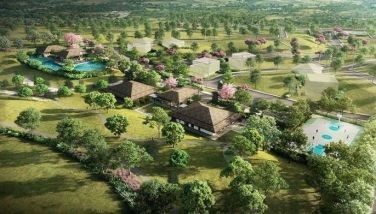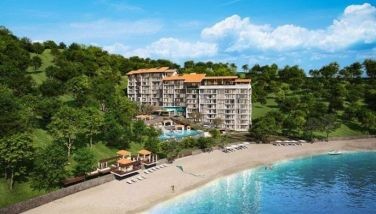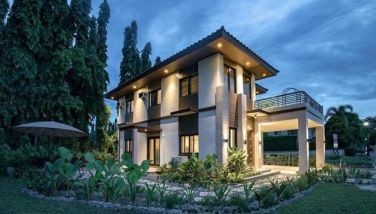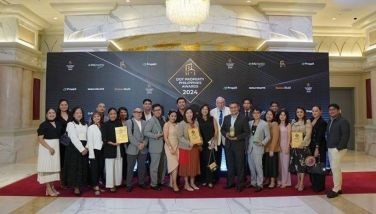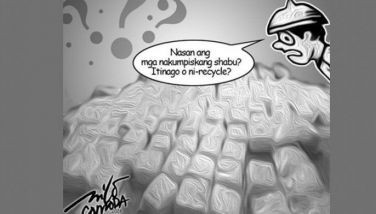More multinationals seek out space in green buildings
MANILA, Philippines - Multinational corporations and large local firms are increasingly required by shareholders and other stakeholders to track their carbon footprint and report on sustainability initiatives. As a result, green buildings like the Sun Life Centre in Bonifacio Global City are now preferred by a growing number of corporate occupiers.
Jones Lang LaSalle, a professional services firm specializing in real estate and operating in 70 countries, revealed in a study that initiatives like the Carbon Disclosure Project (CDP) involving over 500 investor members are pushing large global companies to disclose and examine their energy usage, carbon emissions and other practices related to sustainability.
The study further discloses that more than 3,000 companies have voluntarily reported their carbon emissions, water management and climate change policies to CDP, “perhaps swayed by CDP’s investor members, who use information in deciding where to place more than $71 trillion in investment capital,” according to the report.
“The worldwide movement toward sustainability has made significant progress over the past half-dozen years as companies and cities have pursued strategies that balance future and current societal needs,” writes Dan Probst, chairman of Energy and Sustainability Services of Jones Lang LaSalle. “Sustainable development is entering a new phase, characterized by greater alignment within and between the public and private sectors.”
According to Sheila Lobien, Jones Lang LaSalle Leechiu director in the Philippine office, it is not only worldwide social pressure pushing companies to choose green buildings. It is also significant savings from energy costs. “The Philippines has the highest energy costs in the Asia Pacific region. Green buildings are designed to conserve energy as they incorporate the latest energy-saving technologies.”
Sun Life Centre is the first office building in Metro Manila to achieve LEED Gold certification from the US Green Building Council. LEED is short for Leadership in Energy and Environmental Design. LEED is a rating system accepted worldwide that measures how environmentally friendly a structure is in relation to its design, construction and operating systems.
One of Sun Life Centre’s main features, for instance, is its window system built around double-glazed Low Emissivity Glass. The glass allows daylight into the building while blocking heat and noise from outside. Thus, companies that lease space there can expect to spend less on air-conditioning, which accounts for as much as 35 percent of a building’s energy costs. Moreover, the Sun Life Centre has a green roof that mitigates “heat island effect” or the propensity of concrete building rooftops to become heat magnets. Again, this feature results in energy savings.
- Latest



















